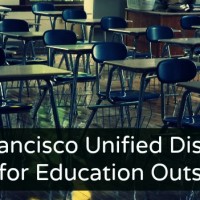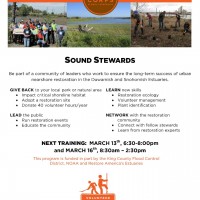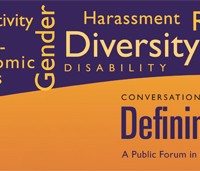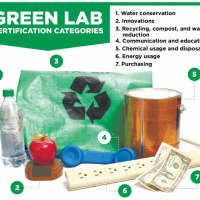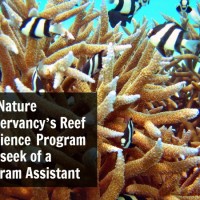Tired of large classes? Looking for a unique class only offered this spring? The following course can count for the natural science, policy and decision-making, or fieldwork requirements of the Environmental Studies major or minor. Open to all sophomores, juniors, and seniors. Science communication and community outreach are incredibly relevant to PoE and environmental studies in general!
- Should ecologists recruit the public to help collect important data to better understand global change—data that is otherwise difficult to get?
- Or is data collected by the public fundamentally flawed?
- How can scientists and non-scientists communicate effectively about ecological ideas?
- Does citizen science change participants’ understanding of ecology and science, or their civic decision-making? Should it?
